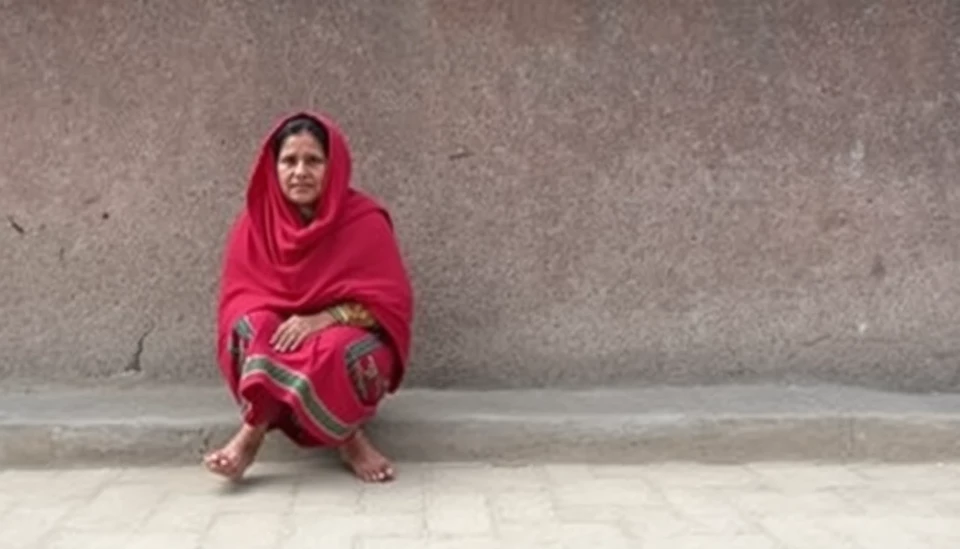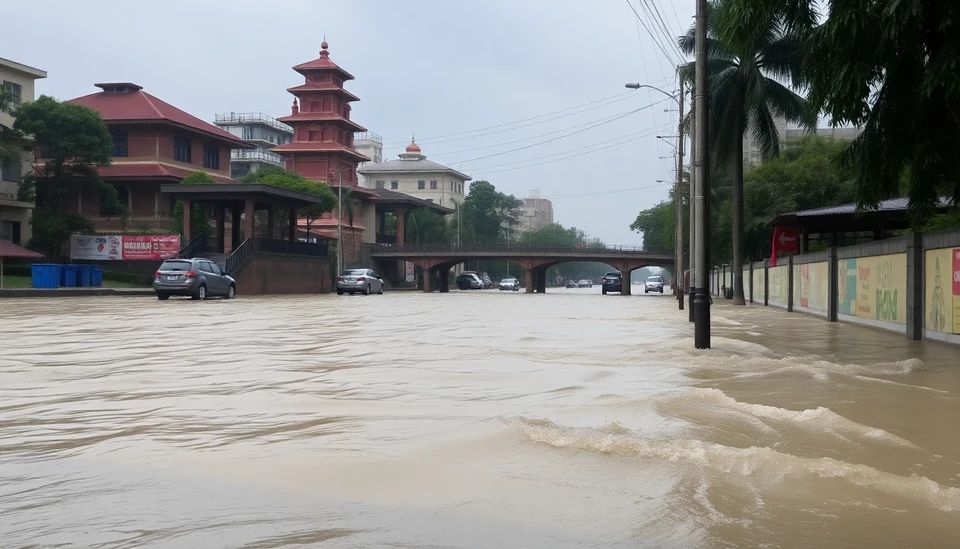
In Nepal, a nation grappling with widespread poverty, new immigration laws are inadvertently locking many women out of potential work opportunities abroad. As various sectors of the economy struggle, international migration has emerged as a significant avenue for financial support, particularly for families relying on remittances. Yet, the recently enacted laws, which promise stricter immigration protocols, is limiting the options for women, who often find themselves in a precarious situation.
The new regulations primarily aim to provide a safer migration pathway, emphasizing the protection of workers. However, they also impose stringent qualification criteria that many women, often lacking formal education and specific vocational skills, are unable to meet. This has resulted in a paradoxical scenario where the very laws intended to safeguard the populace are stifling their economic mobility.
Experts have stated that these regulations disproportionately affect female migrants, who traditionally engage in labor-intensive jobs abroad such as domestic work. Struggling to navigate through the requirements set by the government, many women find themselves forced to turn to informal channels, which are laden with risks and exploitation. Consequently, the push for greater regulation may inadvertently foster conditions for human trafficking, as desperate women may seek out unregulated employers.
Migration agents and advocacy groups have voiced concerns that without meaningful reforms and support measures, these strict laws will push more women to operate in the shadows. They don't have the support networks or the financial means to meet the new legal requirements, amplifying the existing vulnerabilities they face.
Furthermore, the socio-cultural context in Nepal also exacerbates the issue. Traditional gender roles dictate that many women are confined to domestic responsibilities, limiting their engagement in formal education or skill development. This lack of empowerment leaves them ill-equipped to adapt to changing labor market demands, thereby reducing their chances of complying with the new migration rules.
As the government reflects on potential ways to address these growing concerns, there are calls for a more holistic approach—one that not only protects workers but also enables them to make informed choices about their migration. Stakeholders stress the need for legal reforms that would facilitate easier access to overseas jobs for women, alongside educational initiatives aimed at equipping them with market-relevant skills.
Without such reforms, the current trajectory suggests a continuation of economic hardship for many families in Nepal, particularly those relying on the earnings of women abroad. The situation highlights a critical juncture where policy, socio-economic realities, and gender dynamics intersect, underscoring the urgent need for change to empower women in their pursuit of better livelihoods.
#Nepal #Migration #WomenEmpowerment #EconomicChange #HumanRights
Author: Daniel Foster


